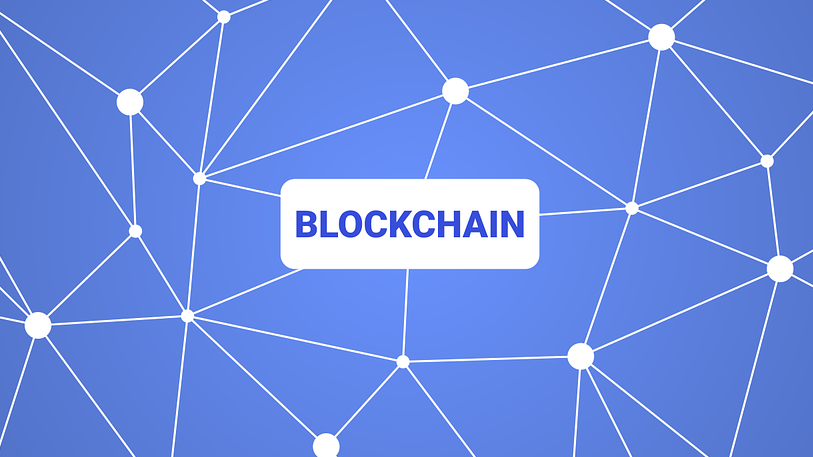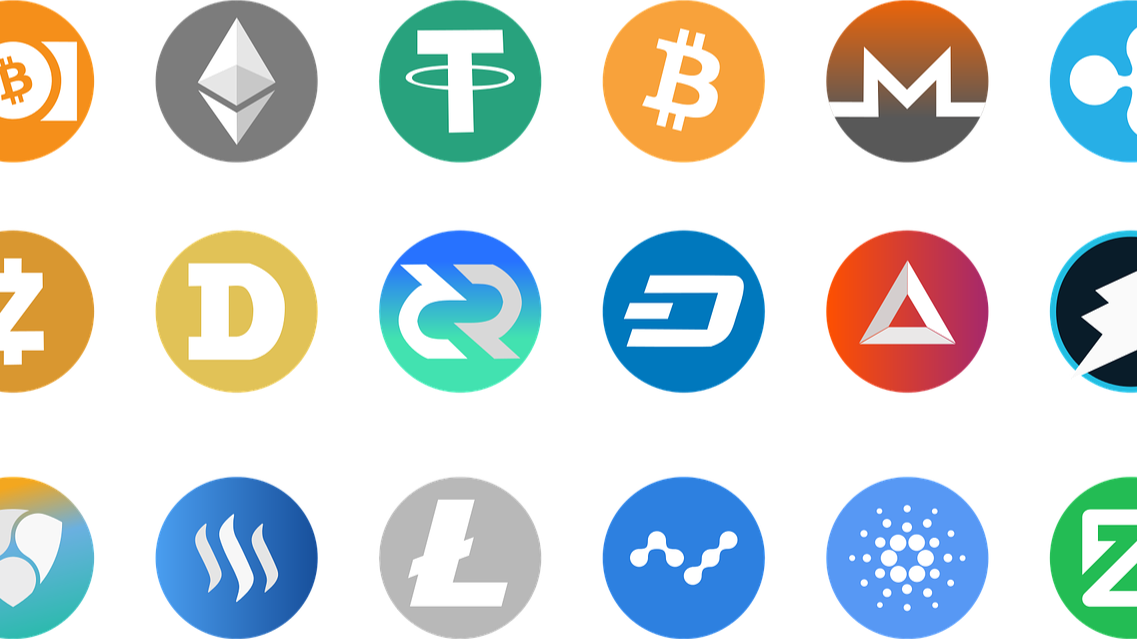
What is Solana(SOL)?
Solana (SOL) is a high-performance blockchain designed to facilitate fast and inexpensive transactions on a global scale. It was created by Anatoly Yakovenko, a former software engineer at Qualcomm, who envisioned a blockchain that could handle 65,000 transactions per second. Solana has gained popularity in recent years due to its impressive performance and growing ecosystem.
History of Solana
Solana was first introduced in 2017, but it wasn't until the launch of its mainnet in March 2020 that it gained significant attention from the cryptocurrency community. The mainnet launch was followed by a successful token sale, which raised over $25 million from investors.
In the months following the launch, Solana's ecosystem began to grow rapidly. The Solana Foundation, a non-profit organization dedicated to the development of the Solana ecosystem, was established in April 2020. Since then, the foundation has worked to foster the growth of the ecosystem by providing funding and support to developers building on the Solana platform.
In 2021, Solana continued to gain momentum as more projects were launched on its platform. The decentralized finance (DeFi) space in particular has seen significant growth on Solana, with projects like Serum and Raydium gaining popularity among users.
Road-map for the Future
The Solana team has ambitious plans for the future of the platform. In a recent blog post, Yakovenko outlined the team's vision for Solana in the coming years. The key goals include increasing the platform's scalability, expanding its ecosystem, and improving its user experience.
To achieve these goals, the team is working on several initiatives. One of the most notable is the development of a new consensus mechanism called Proof of History (PoH). PoH is designed to increase the platform's throughput by reducing the time it takes to confirm transactions.
The team is also working on expanding the platform's ecosystem by encouraging more developers to build on Solana. This includes providing funding and support to developers through the Solana Foundation, as well as hosting hackathons and other events to promote the platform.
In addition, the team is focused on improving the user experience on Solana. This includes developing user-friendly wallets and other tools to make it easier for people to use the platform.
Use-case Scenarios
Solana has a wide range of potential use-case scenarios, from decentralized finance to gaming and beyond. Here are a few examples:
Decentralized Finance (DeFi): Solana's fast and inexpensive transaction processing makes it an ideal platform for DeFi applications. Projects like Serum and Raydium have already gained popularity among users, and more are likely to follow.
Gaming: Solana's high-performance capabilities make it well-suited for gaming applications. Several gaming projects have already launched on the platform, including Star Atlas, a space-themed game that utilizes blockchain technology.
NFTs: Solana's fast transaction processing and low fees make it an attractive platform for the creation and exchange of non-fungible tokens (NFTs). Several NFT marketplaces have already launched on the platform, including Solible and Solanart.
Central Bank Digital Currencies (CBDCs): Solana's fast transaction processing and scalability make it an attractive platform for the development of CBDCs. The Solana Foundation has already announced a partnership with the Central Bank of Ukraine to explore the use of blockchain technology for CBDCs.
Conclusion
Solana is a high-performance blockchain with a growing ecosystem and ambitious plans for the future. Its scalability, low fees, and fast transaction processing make it an attractive platform for a wide range of use-case scenarios, from decentralized finance to gaming and beyond. With the Solana Foundation's support and the continued efforts of the Solana team, it's likely that we will see even more projects and applications built on the platform in the coming years.
However, it's important to note that Solana is not without its challenges. The platform's high performance comes at the cost of centralization, with a small number of validators controlling a significant portion of the network's computing power. This has led to concerns about the platform's security and decentralization.
In addition, the platform's rapid growth has put a strain on its infrastructure, leading to occasional outages and slowdowns. The Solana team is working to address these issues, but they serve as a reminder that even the most promising blockchain platforms are not immune to technical difficulties.
Overall, Solana is a promising platform with a lot of potential for growth and innovation. Its high performance, low fees, and growing ecosystem make it an attractive option for developers and users alike. However, it's important to keep in mind that like all blockchain platforms, it is not without its challenges and limitations. As the platform continues to evolve and mature, it will be interesting to see how it is adopted and used in the broader cryptocurrency ecosystem.















